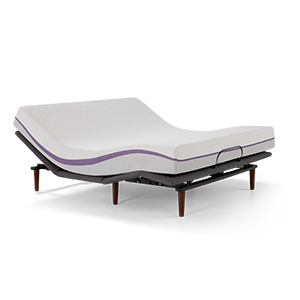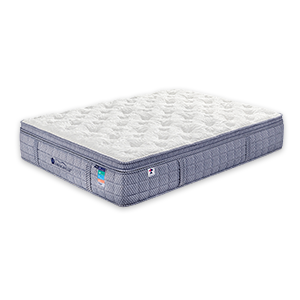FAMILY OWNED AND OPERATED IN TYLER & LONGVIEW


SHOP BY BRAND
Try these beds today at Sleep First in Tyler or Longview

$300 Instant
In-Store Rebate
With Any TEMPUR Mattress Purchase
Home of the 25 Year TEMPUR Warranty
Experience unbeatable comfort and long-lasting support with a Tempur-Pedic mattress, backed by an industry-leading 25-year warranty—only at Sleep First.
Your Neighbors Are Talking About Us
Your Mattress Matters

The Ultimate Sealy Showdown: Which 2025 Hybrid Mattress is Right for You?
Walk into any mattress store, and you’ll hear the word "hybrid" tossed around like a buzzword. But what does it actually mean? ...more
Mattresses
May 12, 2025•9 min read

The Revolutionary TEMPUR-ActiveBreeze Smart Bed: Dual-Climate Comfort for Every Sleeper
It’s not just about staying cool during sweltering summer nights or cozy during a chilly winter; it’s about actively adjusting to your body’s temperature needs. You and your partner can each select ho... ...more
Mattresses
February 26, 2025•14 min read
The Ultimate Sealy Showdown: Which 2025 Hybrid Mattress is Right for You?
Walk into any mattress store, and you’ll hear the word "hybrid" tossed around like a buzzword. But what does it actually mean? ...more
Mattresses
May 12, 2025•9 min read

COMPANY
CUSTOMER CARE
OUR BRANDS
STORE LOCATIONS
POLICIES

© 2026 Sleep First

COMPANY
CUSTOMER CARE
If you are using a screen reader and having difficulty, please call us at (888) 975-3371
OUR BRANDS
STORE LOCATIONS
POLICIES

© 2026 Sleep First
















